Women constitute a powerful electorate with millions of votes. Nigerian women signalled their intention to make their voices heard in this election, accounting for about 47.14 per cent (39,598,645 million) of the 84,004.084 million registered voters nationwide. While the data on collected PVCs for the 2019 elections do not break down by sex, available 2015 presidential election voter turnout data shows that housewives were the third highest group out of the nine groups that voted. In 2015, three million, six hundred and sixty-seven thousand, and seventy-six (3,667,076) housewives voted in the presidential election, placing next to students (4,480,708) and civil servants (4,628,433). Similarly, housewives rank third on the list of registered voters by group in the 2019 election. They represent 14.10 per cent of the total registered voters by group, next to farmers/fishers (16.23 per cent) and students (26.57 per cent). This figure does not include the millions of women across the various other groups. What issues drive these women to vote? More to the point, how or who did Nigerian women vote in this election?
Women’s concerns are typically regarded as non-consequential to party and electoral politics. The 2019 elections did not deviate from this tendency. The public discourse excluded serious and sustained engagement of women’s issues on both the national and state platforms save for the typical passing promise to “take care of our” women by politicians and their agents during campaigns. For the most part, spouses of presidential and gubernatorial candidates are left with the responsibility of reaching out to the women, a task considered non-critical to campaign success. One is left wondering how parties that are ever chasing after votes could be so dismissive of women with millions of potential votes and who are steadily increasing their share of the electoral map.
The increase in voter registration has been attributed to the youth bulge, although said bulge hardly explains increased registration among other groups like fishers and farmers. Nevertheless, the youth bulge means that the population of young women, aged 18-35, has and continues to increase. This has implications for political parties’ outreach to women as these young women’s needs and interests differ from those of women in older age brackets. Political parties, therefore, have to be intentional in their messaging to these young women. For example, young women bloggers and social media influencers expressed their strong displeasure at what they felt was a collective disrespect of women and played a key role in driving the social media condemnation that ensued over the notorious put-down of the First Lady, Aisha Buhari, by her husband, President Muhammadu Buhari, as the world watched. This incident seemed to cement the disconnect between that age demographic and the conservative president, casting doubt on their support for him.
Women recognise that parties are often the strongest obstacle they face to gaining access to political power. They have, therefore, invested much energy and efforts into trying to get party leaders to give consideration and concessions to women in the processes and structures of party politics. For example, women members of the All Peoples Congress (APC) have expressed their displeasure and disappointment with the APC leadership’s lack of gender-sensitivity. Women were not given any concession in the cost of nomination forms, a whopping N45 million for presidential aspirants, N22.5 million for governorship aspirants, N7 million for Senate and N3 million for House of Representatives, effectively barring the majority of women from entering the contests. The PDP, on the other hand, conceded a 50 per cent reduction in the cost of nomination form to women across the board.
Additionally, the President of the National Council of Women Society (NCWS), the umbrella body for all women association in Nigeria, Gloria Shoda, and the Chief Executive Officer of the Nigerian Women’s Trust Fund (NWTF), Mufuliat Fijabi, have both at several times in the course of the political campaigns leading up to the 2019 election expressed their exasperation with President Buhari’s government for sidelining women in elective and appointive positions and demanded immediate redress. They went as far as conditioning their re-election support of the president on their demands for women’s increased inclusion. They specifically demanded that the three ministerial positions vacated by women for several reasons be filled with women. As at election time, only one out of the three positions (the Ministry of Finance) was occupied by a woman – Zainab Ahmed, who is acting finance minister. If one were to go by the terms of women’s request, one can only conclude that the majority of women’s votes may not have gone to APC’s Muhammadu Buhari.
Based on the foregoing analysis, APC was less likely to have gotten the women’s vote. Does it, therefore, mean that PDP was better placed to mop up women’s vote? To solve for this unknown, let’s perhaps start with the known variables. The wives of the PDP presidential candidate, Atiku Abubakar, led by Jennifer Abubakar, conducted various media-covered events aimed at “mobilising” the women. Secondly, Atiku Abubakar does not have the disadvantage that incumbency imposes, which is the displeasure of dissatisfied (women) electorates, as is the case with Muhammadu Buhari’s re-election. Women have no basis upon which to hold Atiku Abubakar accountable. The most scrutiny he was subject to was from some progressive women’s groups that questioned whether he is a potential ally for gender equality and women’s empowerment based on the public details of his personal life.
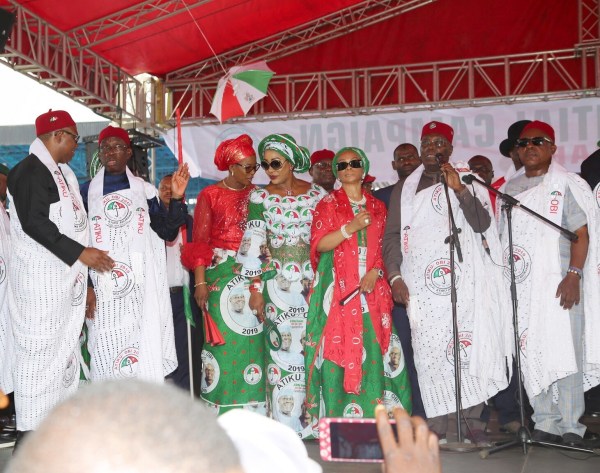
But the key question remains: Is there in fact, such a thing as “the women’s vote” in Nigeria? Have Nigerian women’s movements and organizations achieved the cross-mobilisation that allows for a bloc vote to form among/across the women’s groups? While the president of the NCWS and other women party leaders have severally enjoined women to vote as one, vote their own (fellow women candidates) and vote women-friendly candidates, there is little evidence that Nigerian women vote as an organised constituency. Additionally, the proliferation of political parties in this election cycle seems to have further fragmented the women’s vote as these new and smaller parties reduced the entry cost for women giving them a platform for increased participation. For example, Oby Ezekwesili represented a new horizon for many of these young women until her sudden withdrawal from the contest.
From the foregoing, one can reasonably conclude that women vote in similar ways as their male counterparts, focusing on issues such as the economy, corruption and insecurity. It is clear that personality politics framed by ethno-religious and regional considerations remain key drivers of electoral behaviour in both men and women across the country. This, of course, is not to paint the entire women electorate with one broad stroke. Some women and women groups cast their votes based on their assessment of the candidates that will best attend to their concerns. For example, members of some women and feminist organisations tend to vote a candidate whom they believe will be most sympathetic to the gender equality agenda with the possibilities of passing women-friendly laws like Women’s Land Rights and Property Inheritance Laws.
All said, the indicators are not strong enough to support a prediction of who got the women’s vote between President Muhammadu Buhari and Atiku Abubakar. Making a definitive prediction is made even more problematic by the absence of gender-disaggregated voter data for previous elections. Nevertheless, the variables seem to suggest that Atiku Abubakar may have had a slight advantage over President Muhammadu Buhari for the reasons detailed above. But importantly, if one has learnt anything from following Nigerian politics, it is that alliances are flimsy, and citizens vote against their best interests to undercut perceived competitors. While the intention is not to hedge, it is equally judicious to surmise that the jury is still out on whether President Muhammadu Buhari or Atiku Abubakar carried “the women vote” in this election. One thing that remains indubitable, however, is the fact that women are making it increasingly clear that continuing to disregard or underestimate their vote could be the difference between a win or loss for political parties in future elections.
Dr Chiedo Nwankwor teaches African Politics at the Johns Hopkins University School of Advanced International Studies, Washington, D.C. Her research interests focus on Gender Studies and Identity Politics in Africa.
You may be interested

AFCON 2025Q: New Boy Osho, Iheanacho, Start For Super Eagles Vs Benin Republic
Webby - November 14, 2024The Super Eagles will line-up in a 3-4-3 formation in tonight’s 2025 Africa Cup of Nations qualifying tie against Benin…

My Goal Was To Achieve Success With Ten Hag At Man United –De Ligt
Webby - November 14, 2024Netherlands international Matthijs de Ligt has suggested Erik ten Hag didn’t get the breaks he needed to keep his job…

I Want To Take My Game To New Level –Lookman
Webby - November 13, 2024Super Eagles winger Ademola Lookman has reiterated his commitment to take his game to the next level.The Nigerian international, who…

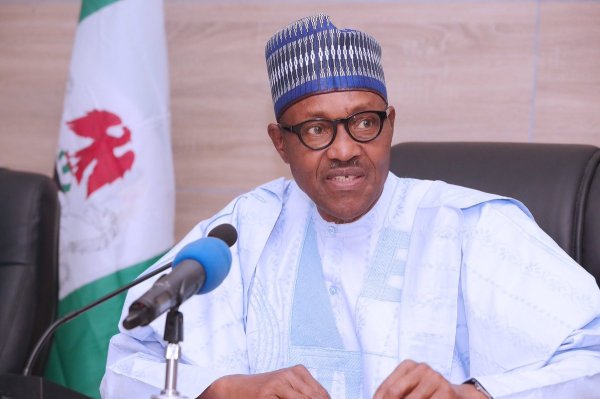


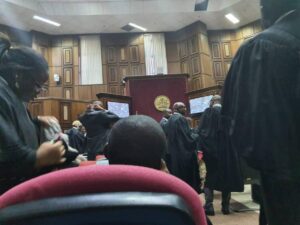
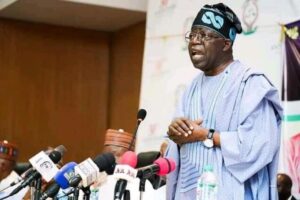
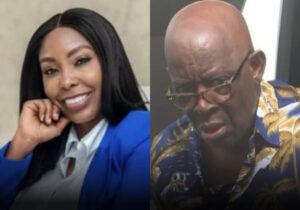

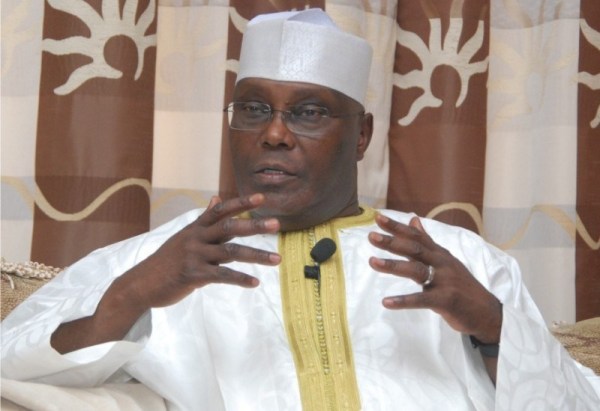


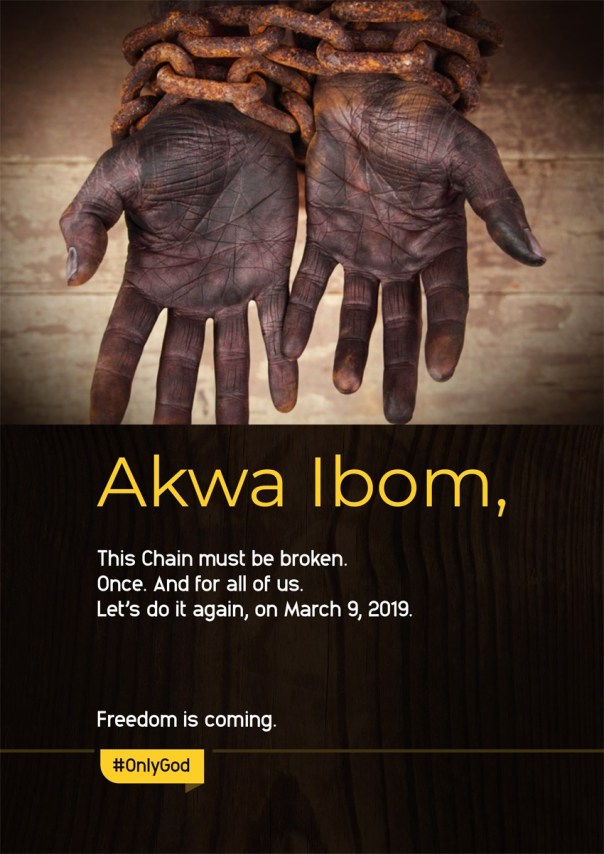
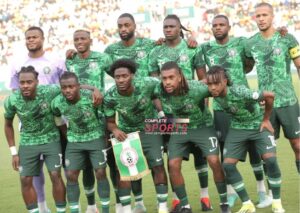

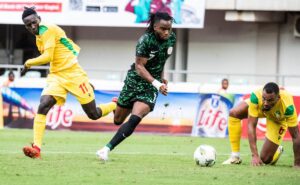
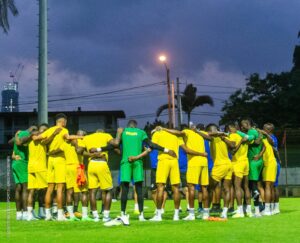

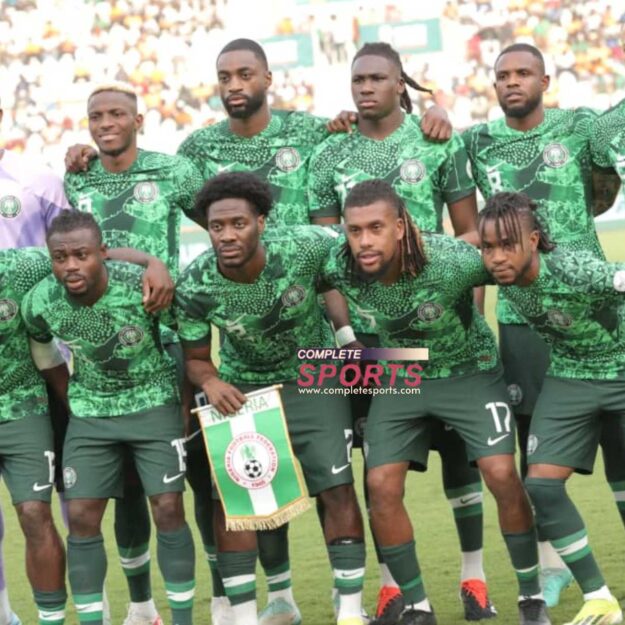


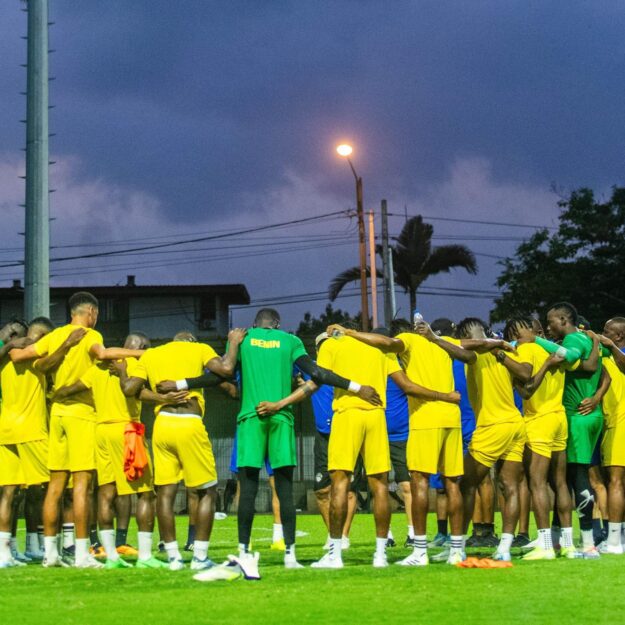


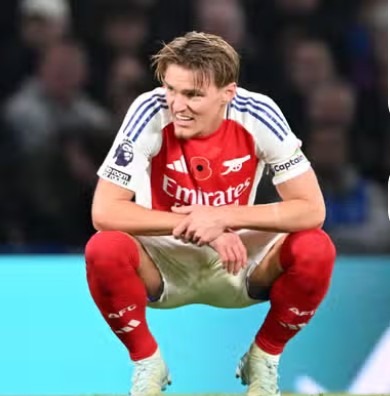

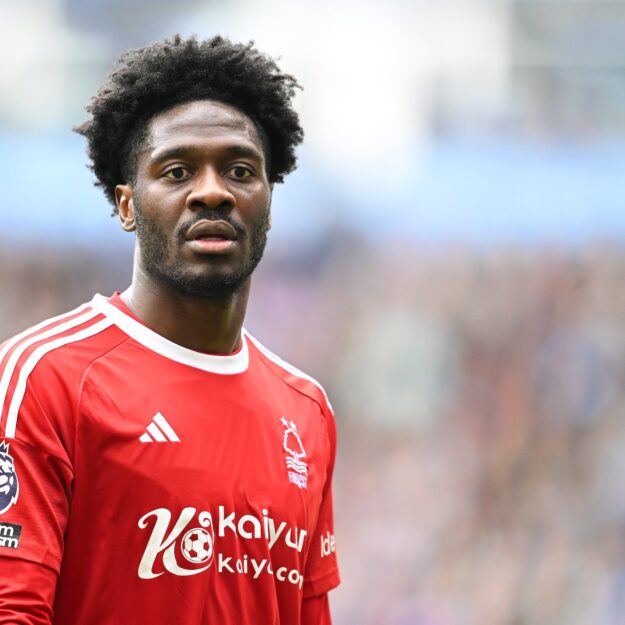


![American Pastor, David Wilson Seen Eating The Box Of Woman Who Isn’t His Wife [Video]](https://onlinenigeria.com/wp-content/uploads/2019/10/american-pastor-david-wilson-seen-eating-the-box-of-woman-who-isnt-his-wife-video-150x150.jpg)









